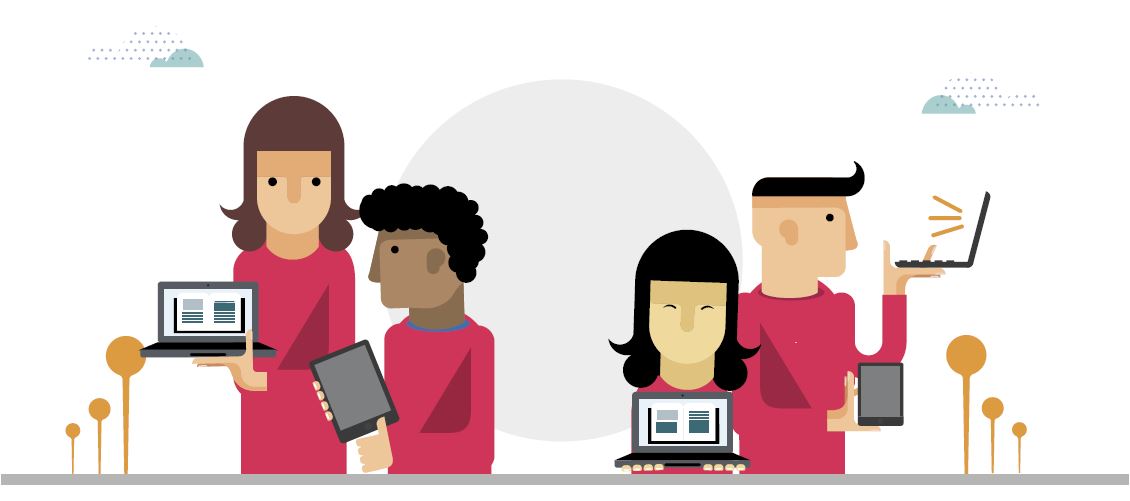Responsible Use

Competent Digital Educators take measures to ensure learners’ physical, psychological and social wellbeing while using digital technologies. They empower learners to manage risks and use digital technologies safely and responsibly
Typical activities
To relay to learners a positive attitude towards
digital technologies, encouraging their creative
and critical use.
To enable learners:
To protect devices and digital content, and
to understand risks and threats in digital
environments.
To understand safety and security measures.
To protect personal data and privacy in digital
environments.
To understand how to use and share personal
information while being able to protect oneself
and others from damages.
To understand that digital services use a
“Privacy policy” on how personal data is used.
To avoid health risks and threats to physical
and psychological well-being while using digital
technologies.
To protect oneself and others from possible
dangers in digital environments (e.g.
cyberbullying).
To be aware of digital technologies for social
wellbeing and social inclusion.
To be aware of the environmental impact of
digital technologies and their use.
To monitor student behaviour in digital environments
in order to safeguard their wellbeing.
To react immediately and effectively when
learners’ wellbeing is threatened in digital
environments (e.g. cyberbullying).
When mastering this competence by doing the work in the lab, you should be able to say:
I foster learners’ awareness of how digital technologies can positively and negatively affect health and wellbeing, e.g. by encouraging them to identify behaviour (of their own or of others) that makes them happy or sad.
I foster learners’ awareness of the benefits and drawbacks of the openness of the internet.
I give practical and experience-based advice on how to protect privacy and data, e.g. using passwords, adjusting the settings of social media.
I assist learners in protecting their digital identity and managing their digital footprint.
I advise learners on effective measures to confine or counter the impact of inappropriate behaviour (of their own or their peers).
I develop strategies to prevent, identify and respond to digital behaviour that negatively affects learners’ health and wellbeing (e.g. cyberbullying).
I encourage learners to assume a positive attitude towards digital technologies, being aware of possible risks and limits, but also being confident that they can manage these in order to reap the benefits.
In the lab we will also:
Consider ways to enable learners to understand risks and threats in digital environments (e.g. identity theft, fraud, stalking, phishing) and how to react appropriately.
Critically reflect on the suitability of our pedagogic strategies to foster learners’ digital wellbeing and consider ways to adapt our strategies accordingly.